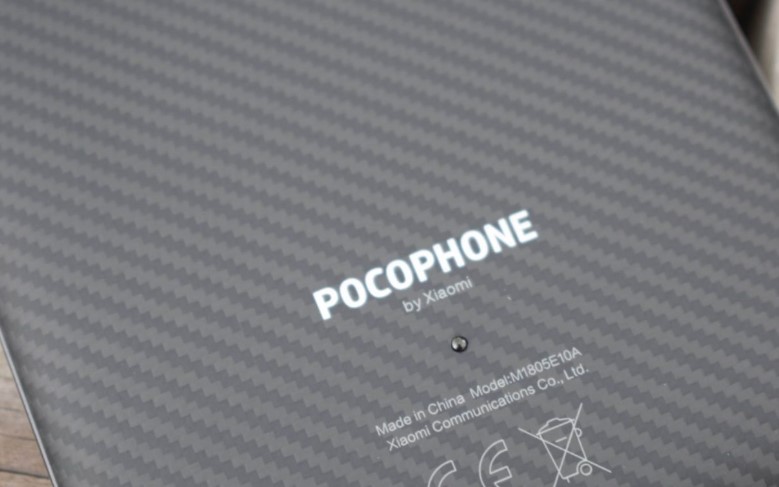
Xiaomi’s youngest brand Pocophone is set to once again offer ridiculously good value for money later this year, according to a new leak said to describe its upcoming device – the Poco F2.
A handset identified by this moniker passed through mobile benchmarking tool Geekbench on Saturday, having been spotted but a day later. The listing depicted below is far from a guarantee that these are the specs the Poco F1 successor will offer, especially since it identifies a memory configuration that’s almost certainly flat-out wrong, though it’s also an indication that Xiaomi’s subsidiary is on course to deliver the Poco F2 less than a year after the debut of its first Android handset.
The only completely unsurprising part of the benchmark results attached to the supposed Poco F2 is its system-on-chip of choice, with the leak suggesting Qualcomm’s Snapdragon 855 will be part of the package. While the rest of the listing is much more dubious, this isn’t necessarily a fake listing and could just as easily describe an early prototype Pocophone is experimenting with.
Namely, the tested device was identified as featuring only 4GB of RAM, which is almost certainly inaccurate; the base Poco F1 model featured 6GB of RAM and the lineup offered up to 8GB. Even if Xiaomi’s brand by some miracle transitions to LPDDR5X memory (which is next to impossible seeing how such modules still aren’t produced en masse and only Samsung can give a rough estimate as to when that might happen), incorporating only 4GB of RAM would still be a downgrade compared to last year, so it won’t be happening.
A less suspicious but still somewhat dubious characteristic suggested by the latest leak is the operating system that will be pre-installed on the Poco F2 as Geekbench identified the device was running the first developer preview of Android Q during testing. Last year’s phablet debuted with Android 8.1 Oreo before receiving an upgrade to Android 9 Pie, and Xiaomi generally doesn’t skip OS generations in any price segment, particularly when it comes to flagships.
Additionally and assuming the Poco F2 will launch in August, i.e. exactly a year following its predecessor’s introduction, Android Q may still not hit the stable channel by then. Google’s current roadmap has the first stable release planned for the third quarter of the year and as software development is an unpredictable affair, a September release wouldn’t be out of the ordinary.
Regardless of this leak’s legitimacy, there’s little doubt about whether the Poco F2 is coming following the immense success and critical acclaim of its predecessor. As far as purely performance- and value-focused smartphones go, the Poco F1 surpassed literally every other device released last year, according to countless reviewers, including Android Headlines’ staff. Xiaomi’s subbrand essentially beat OnePlus at its own game and will surely be looking to solidify its position as the ultimate high-end value option on the market this year.
Recent rumors point to the Poco F2 debuting a notable design change and camera improvements, with the latter being arguably the weakest area of its predecessor which sported imaging systems on par with top 2016 options, far behind what even some of its mid-range contemporaries offered. On the other hand, Pocophone never advertised the device as a particularly great mobile photography tool, so it’s hard to think of its average camera as a particularly significant flaw.

